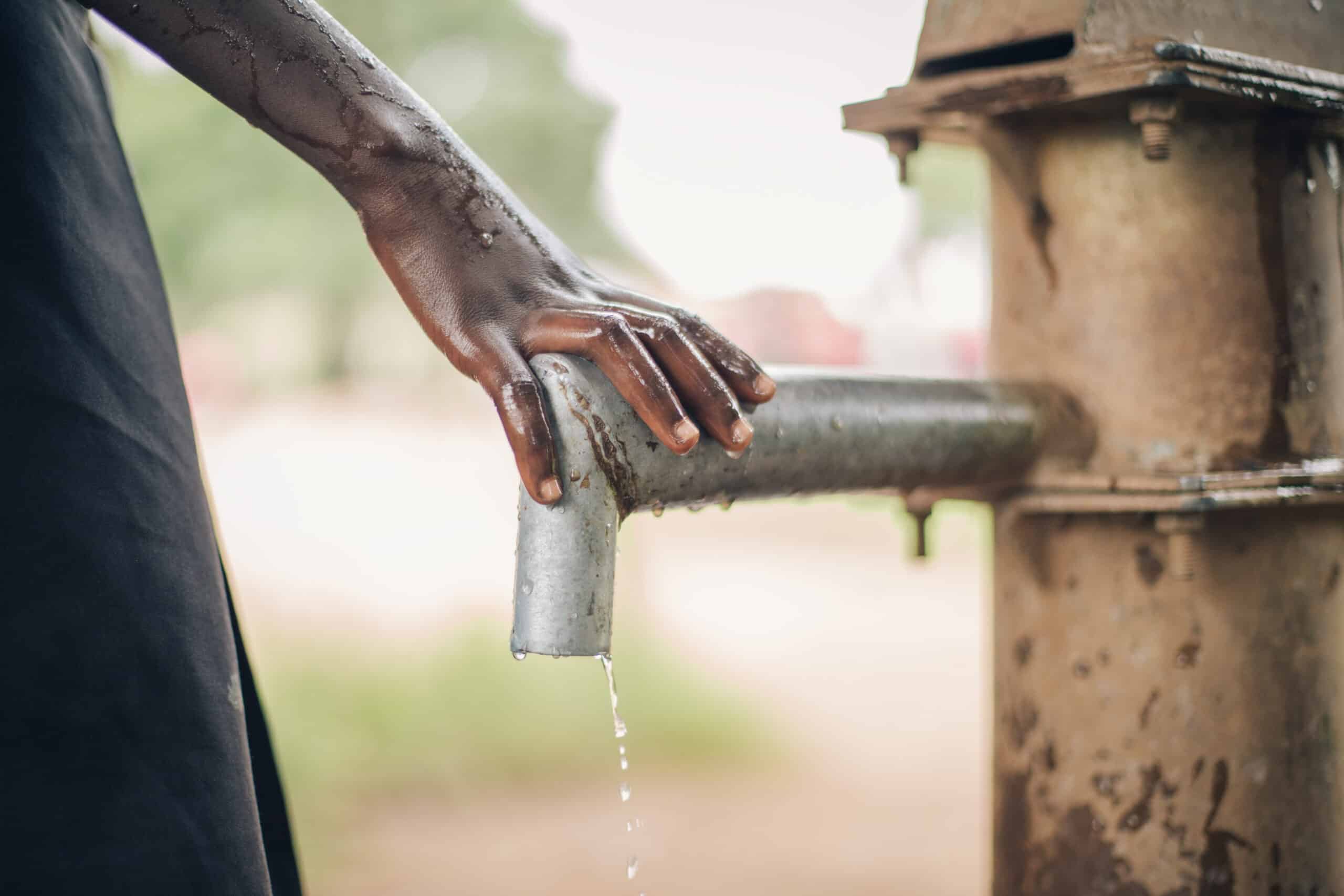
Using Advocacy to Bring Water to Rural Liberian Communities
With an assist from CCP, one town now has a water pump and a plan to maintain its new source of clean water for drinking, cooking and washing.

With an assist from CCP, one town now has a water pump and a plan to maintain its new source of clean water for drinking, cooking and washing.
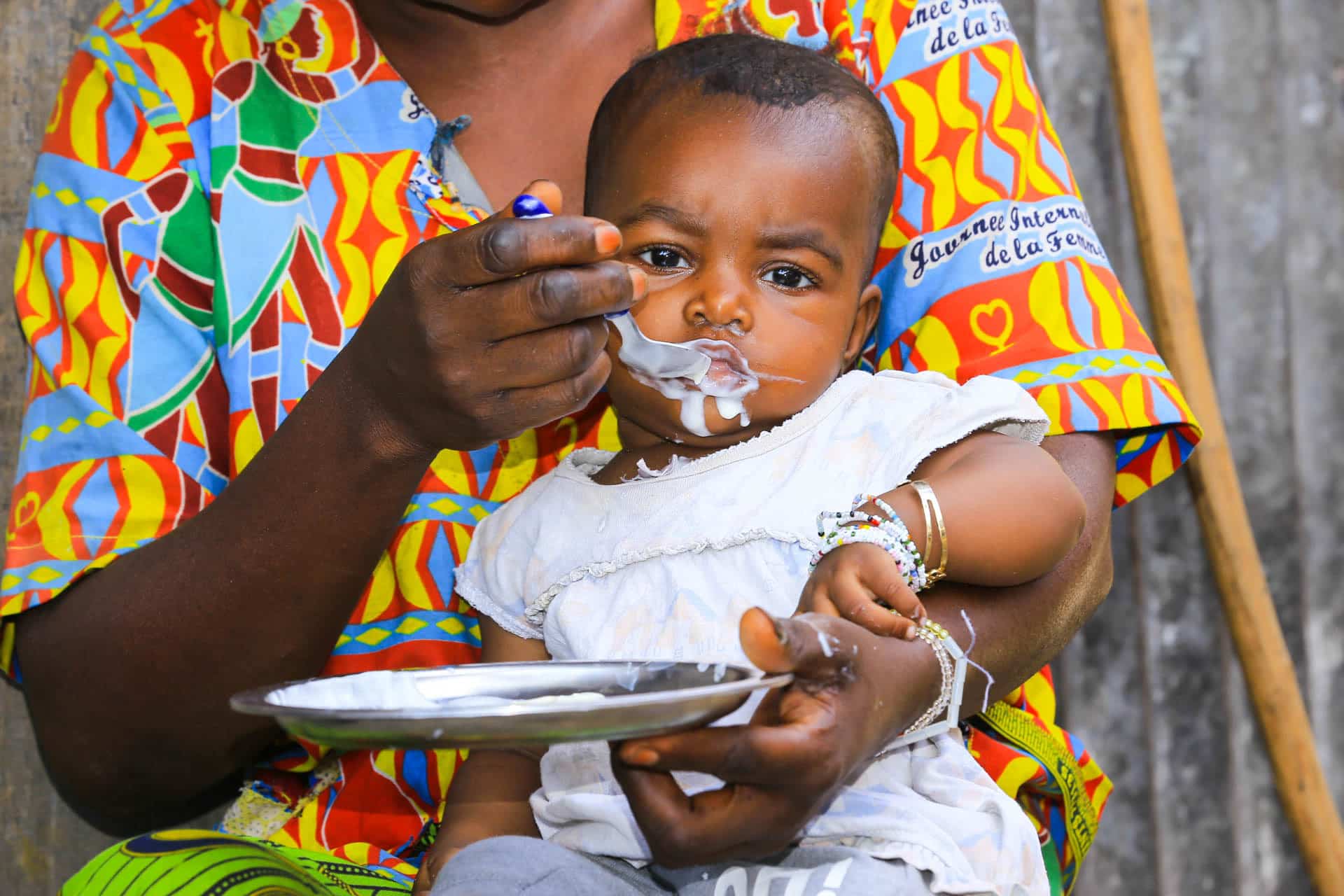
The center will lead the social and behavior change components of the five-year, $105.7 million project in the Democratic Republic of Congo led by the Adventist Development and Relief Agency (ADRA).
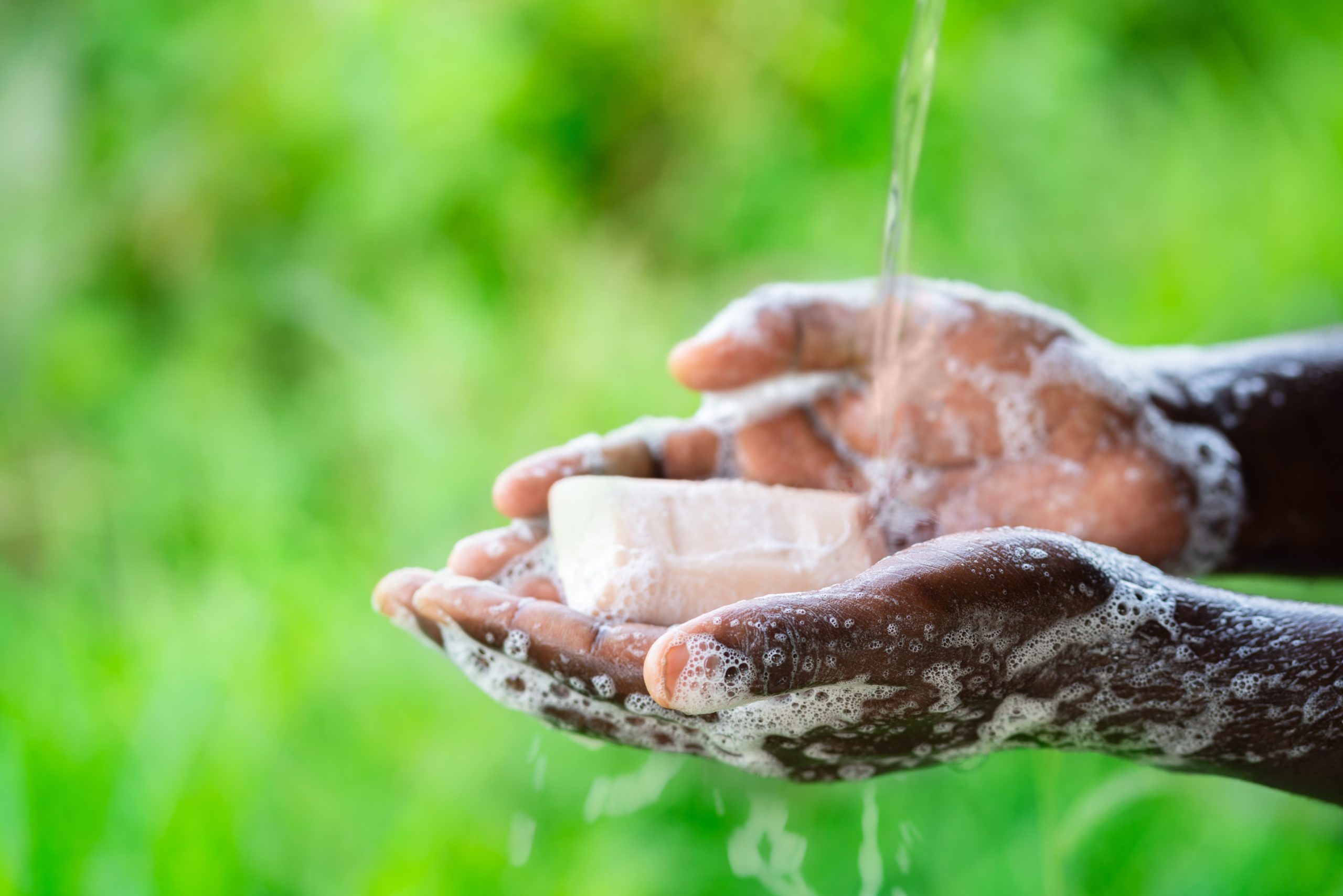
Instead of rising during the pandemic to slow the spread of COVID-19, new CCP research finds that handwashing rates actually fell in parts of sub-Saharan Africa.
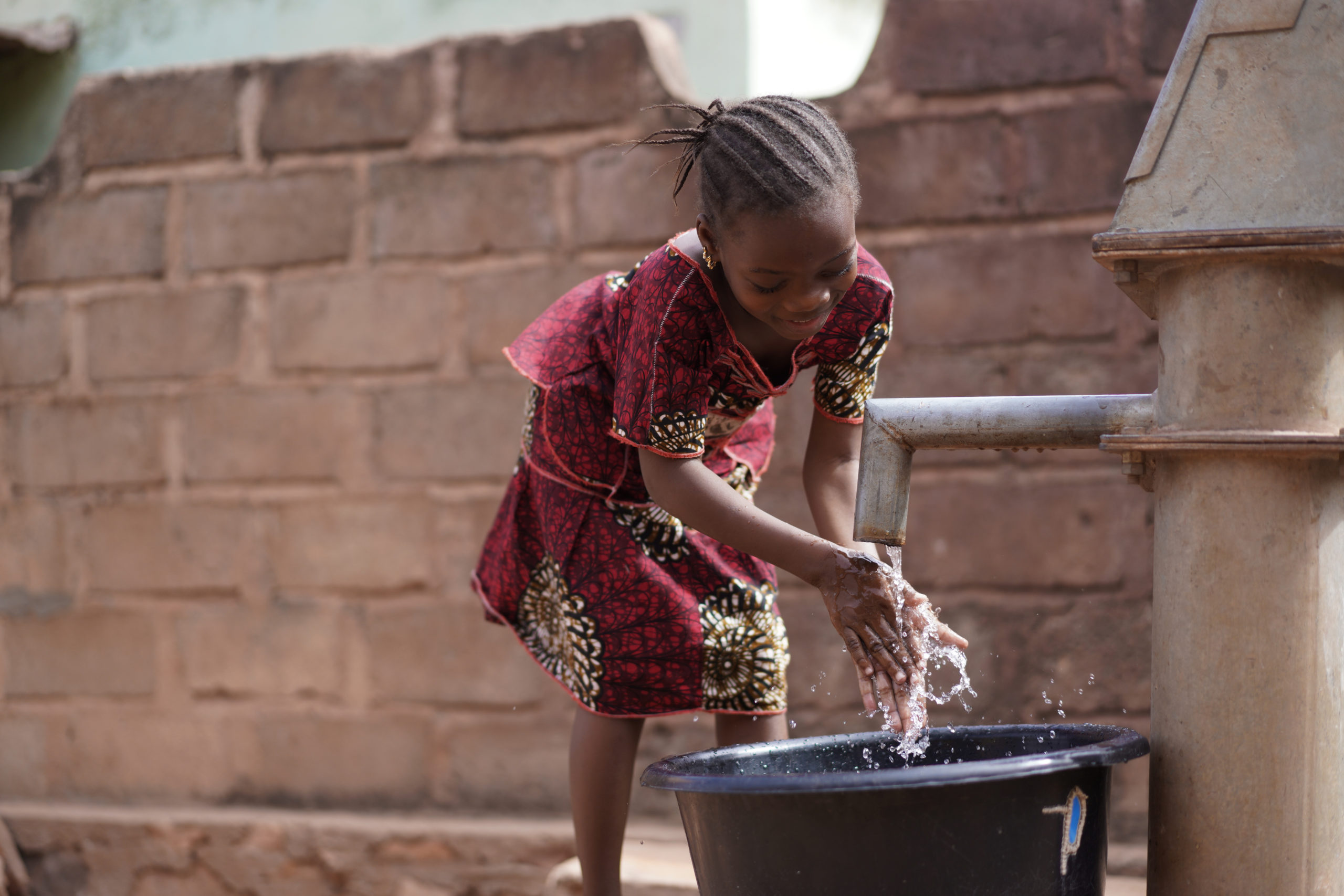
CCP-led research suggests that many in rural Liberia are ill-equipped to build and maintain latrines, leaving a majority of people to use the bush instead.
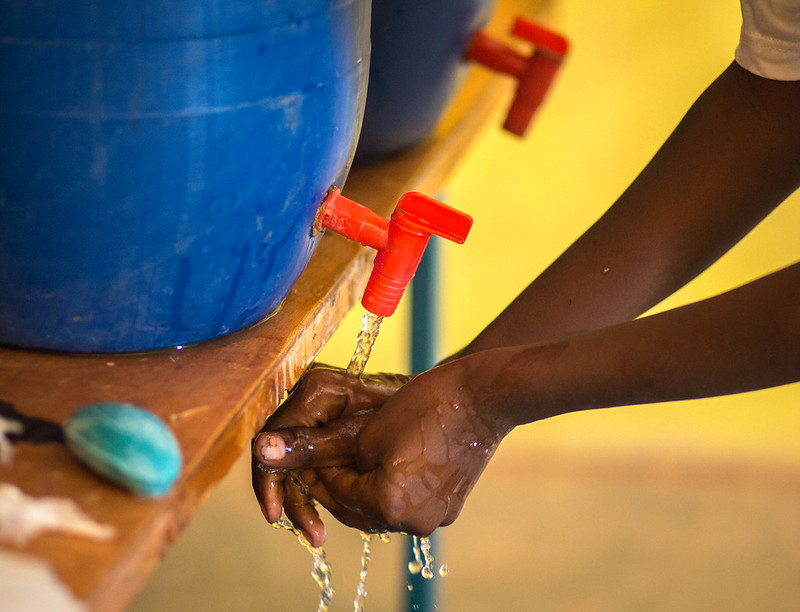
In low- and middle-income countries, it’s hard to follow COVID-19 guidance on handwashing and social distancing when you lack soap and water and room to spread out. “Different messages and strategies will be needed … to slow the spread of disease,” says CCP’s Erica Nybro.
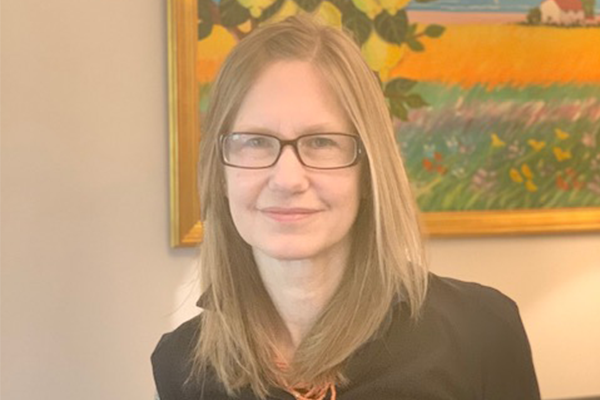
“What we don’t want to do is to incite fear,” says CCP’s Kathryn Bertram, in a Q&A where she talks COVID-19, communication and tailoring messages and nudges for communities worldwide.
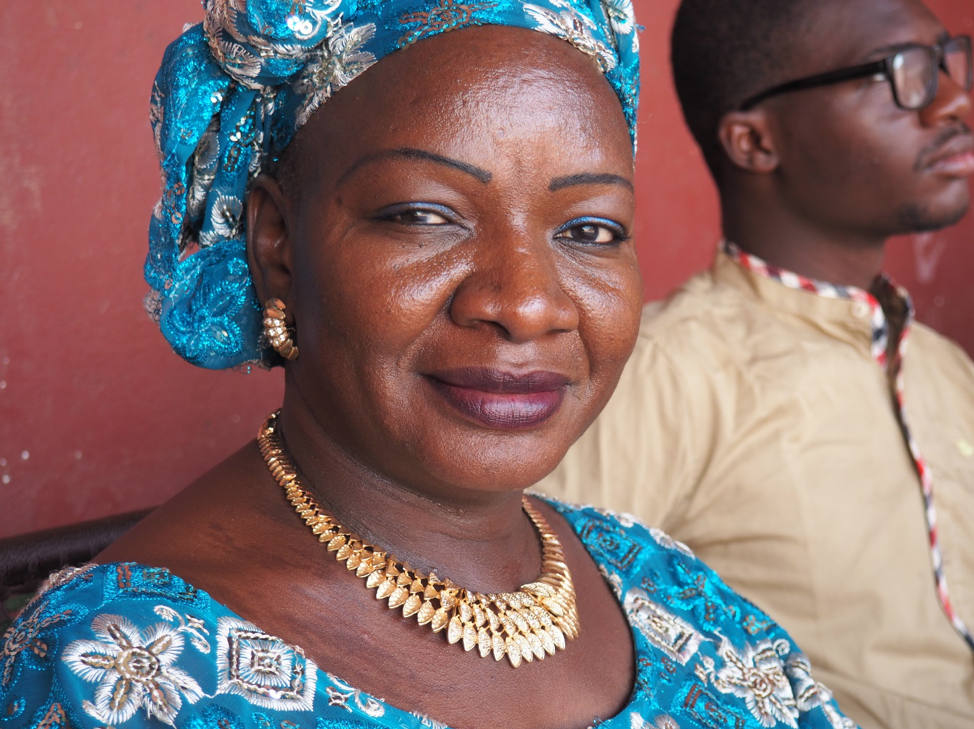
Selling condoms and other health products as part of CCP’s Keneya Jemu Kan project has helped provide a livelihood to a group of women in rural Mali. “It has become a source of life for many families,” says one seller.
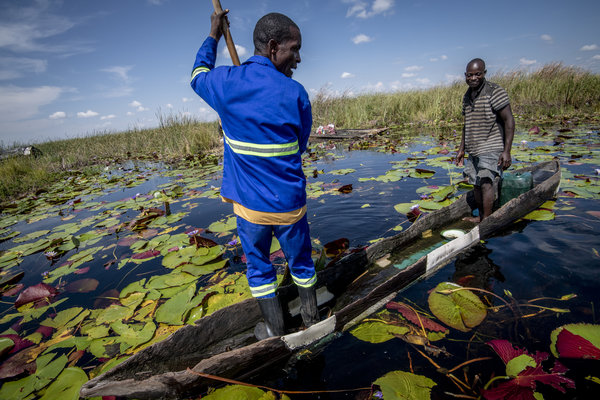
Without clean water and proper sanitation, many Zambian fishermen and their families are at serious risk for cholera. A joint research study supported by CCP aims to find better ways to protect them.
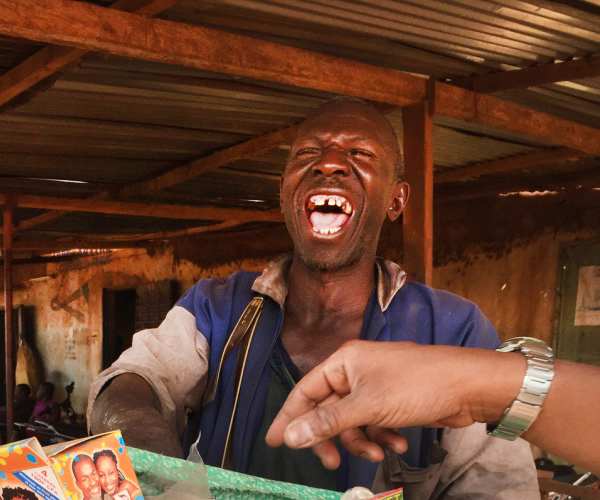
Each woman in Mali gives birth to an average of six children. And talk of sex, let alone family planning, is considered taboo here.
Despite these obstacles, last year CCP and its partners in the USAID-funded Keneya Jemu Kan (KJK) project sold 14.9 million condoms, 50 percent more than they anticipated.
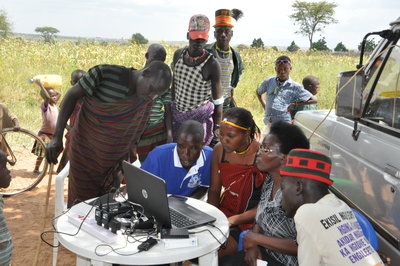
Five years ago, a group of pharmaceutical companies, government agencies and nonprofits pledged to work together to, by 2020, eliminate 10 neglected tropical diseases. Taken together, these communicable diseases impact more than 1.5 billion people around the world, particularly those living in poverty, without access
Receive the latest news and updates, tools, events and job postings in your inbox every month